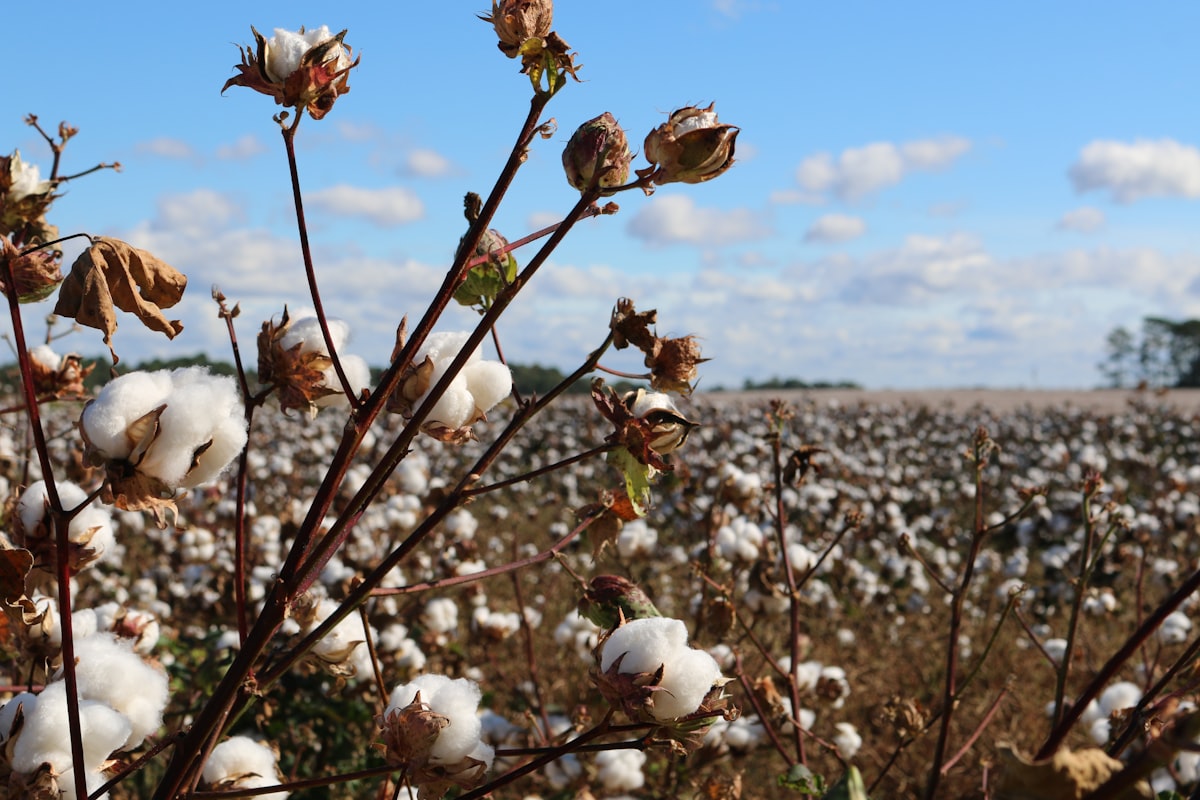Kapas Herb Introduction and Health Benefits in English
Unveiling Kapas Herb: An Introduction and Health Benefits Overview! 🌿 Dive into the Nutritional Riches and Healing Powers of Kapas. Discover a Natural Path to Holistic Wellness! 💚

Kapaas (कपास) is the Hindi name for the natural herb Cotton Plant and has plenty of health benefits. From ancient times, Cotton has been used to make cloth and other fabric items. With this, it has many health benefits and utilizes to treat many health disorders.
Indian Cotton and Asiatic Cotton are English synonyms of this herb. Other Hindi names for this herb are Kapas, Rui, Rooi and Binaula. Karpasa, Kaarpasah, Karpasi, Tundkeshi and Smundranta are the Sanskrit names of this ayurvedic herb. Other regional Indian names of this herb are; Kapas and Tula in Bengali; Gunwadio and Kapasia in Gujarati; Hatti in Kannada; Kapasi, Kapus, Kappos and Sarki in Marathi; Karupparutti in Malayalam; Kapas and Kapa in Pahari and Nepali; Rui in Punjabi; Parutti and Karpasam in Tamil; Karpasamu and Pattichettu in Telugu and Kapaso or Kopa in Uria.
The root, stem, flower, leaves, and seeds are used part of this Ayurveda herb. Try some most trustworthy home remedies and take the health benefits of this magical herb.
Diseases That Cotton Plant Cures!
Headache
Take the kernel of Cotton plant seeds and grind well. Now prepare the paste and apply it to the forehead to treat headaches, naturally.
Eye Care
To cure Eyeache, the use of Cotton leaves is very beneficial. Grind the leaves with curd and apply the paste around the eyes to cure fast.
Ear Disorders
In the case of Earache, pour 1-2 drops of Cotton leaf extract into the ears. This will help to treat earache in a natural way.
To cure ear bleeding due to infection, take White Dammar (Sarj in Hindi) bark powder and mix it with Cotton fruit extract and honey. Pour 1-2 drops of this liquid mixture into the infected ear to treat the pain.
Diarrhoea and Piles
To treat this disorder, Kapas is a well-known natural alternative. Prepare the decoction of leaves extract and use.
The use of 1-2 Cotton seeds kernels also treats well this disorder. Grind them to prepare powder and take them with water.
The mixture of equal amounts of Cotton leaves extract and lemon juice is another great herbal combination to treat Diarrhea and Dysentery. This herb mixture also has great significance to treat Piles.
Indigestion
Are you facing a weak digestion problem? Try 3-4 gram Cotton flower powder with Honey. This ayurvedic medicine will help to improve your digestion power.
Urinary Disorder
In Kidney Stone Treatment, the use of 5 ml extract of Lemon and Cotton leaves is very useful. All small stones can be treated with this remedy. Stones will be passed through the Urine after breaking into small pieces.
To cure Dysuria, the use of 1-2 gram powder of Kapas flower and leaves is very beneficial.
Cotton Root decoction is another good remedial option to cure Urinary pain and Burning Urination problems.
Arthritis
To treat arthritis, prepare the paste of leaves and apply it to the joints.
Cotton seeds and leaves paste mixture is also another good way to treat Joint pain.
For better results, apply the Sesame oil to the cotton leaves and warm them a little. Then tie these leaves to the painful spot and get rid of the pain.
Scrotal Swelling
In the case of Swollen testicles, the use of Cotton Plant is very advantageous. Prepare the paste of Seed’s Kernel (Mingi in Hindi) and dry ginger with water. Apply the paste on the testicles to treat Hydrocele dis-comfortness.
Scorpion Bite
To treat the Scorpion Bite, prepare the paste of Cotton plant fruit and mix it with Clarified butter (Ghee in Hindi). Now apply the paste on the Bite spot to get relief from pain and burning sensation.
Kapas has too many medicinal properties and countless health benefits. You can try the above-mentioned home remedies to enjoy the benefits of this amazing herb at home.



